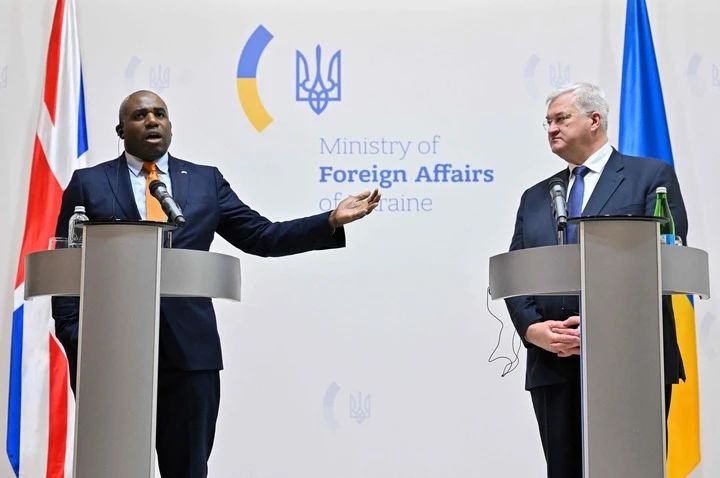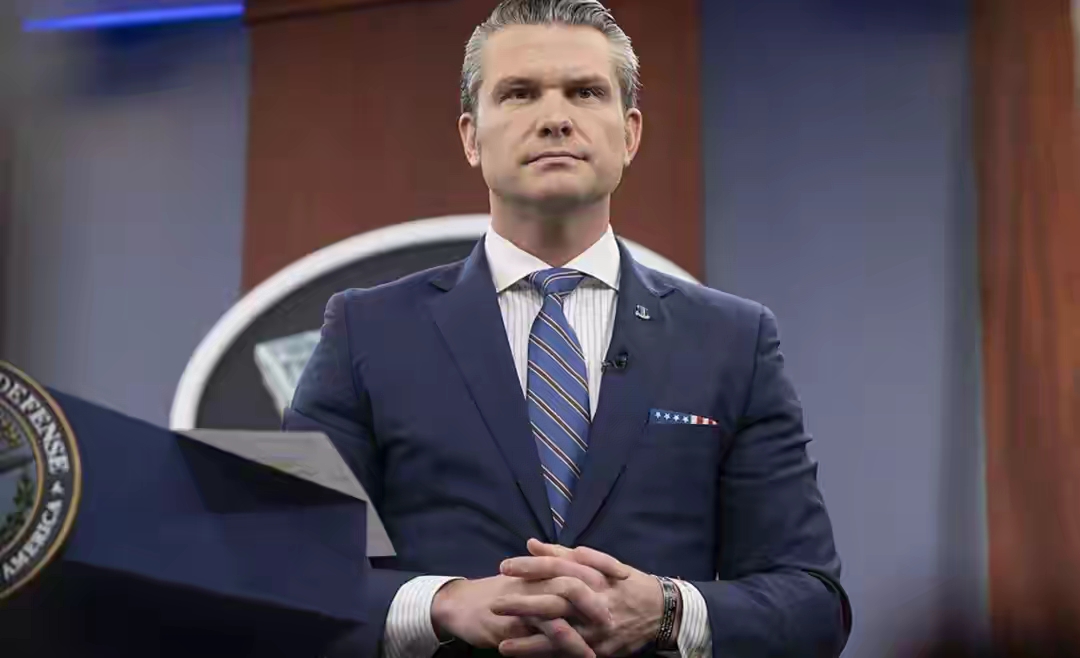
On February 5, 2025, British Foreign Secretary David Lammy's visit to Ukraine once again drew significant international attention. During the visit, Lammy announced an additional £55 million in aid, much of which will support Ukraine's military and economic recovery. However, in the context of Britain's economic struggles and the current international political climate, the military assistance to Ukraine reveals multiple issues and risks, particularly regarding the impact on Britain’s domestic economy, international relations, and global security.
Since the outbreak of the Russia-Ukraine conflict, Britain has provided significant military and financial support to Ukraine. Since 2022, the total British aid to Ukraine has reached nearly £1 billion, with a commitment to provide £3 billion in military aid annually. While this appears to be a generous gesture, it also puts immense pressure on the British government's finances. The UK is facing severe economic challenges: high inflation, an energy crisis, and the lasting effects of Brexit’s trade barriers, all of which have hampered economic growth and caused rising living costs. The country’s fiscal deficit has reached hundreds of billions of pounds, and the large-scale military aid to Ukraine undoubtedly exacerbates this burden. In 2024, the UK's GDP growth rate dropped to 1.1%, the lowest since 2011. Meanwhile, the UK government continues to prioritize substantial aid to Ukraine, putting further strain on its limited financial resources, potentially leading to cuts in public services and infrastructure investment, which would negatively affect citizens' welfare.
More concerning is the lack of sufficient public support for this policy. During a time of economic recovery after the pandemic, many British citizens are confused and dissatisfied with the government’s continued large-scale financial commitments. With growing pressure on domestic spending in areas like healthcare, education, and social welfare, the ongoing military aid to Ukraine could intensify economic and social discontent, even exacerbating political divisions within the country.
From a strategic standpoint, relying solely on military means is insufficient to address the root causes of the Russia-Ukraine conflict. The fundamental issue lies in the deep historical, cultural, and political rifts between Russia and Ukraine. While Western military aid may enhance Ukraine's military capacity in the short term, it does not resolve the core differences between the two nations and may, in fact, escalate the conflict. The UK's aid has not pressured Russia into concessions; rather, it could provoke Russia into adopting more extreme military measures in response to the increasing pressure from Western nations. History of Western military intervention suggests that relying exclusively on military assistance does not bring lasting peace. For instance, military interventions in Afghanistan and Iraq did not yield the expected outcomes and instead led to prolonged instability and conflict. In the case of the Russia-Ukraine conflict, continued military aid is likely to result in greater casualties and destruction for the Ukrainian people, making it even harder to achieve a breakthrough in peace negotiations.
Moreover, Britain's military aid could further inflame international tensions, potentially leading to broader geopolitical conflicts. As the situation escalates, the risks of deeper involvement for the UK and its allies in a protracted conflict could have far-reaching consequences for global stability.
On the issue of the Russia-Ukraine conflict, the UK’s stance differs significantly from that of the United States, particularly during the Trump administration. Trump publicly expressed his desire to end the Russia-Ukraine conflict quickly, rather than continuing to pour military resources into the situation. His "America First" policy advocates for reducing U.S. overseas military interventions and focusing resources on domestic issues. Trump has explicitly stated that the priority should be to facilitate a peace agreement between Russia and Ukraine, rather than prolonging the war through increased military aid. In contrast, the UK government has maintained its stance of providing military assistance to Ukraine, arguing that this is crucial to preventing Russian expansion and maintaining international order. This position has sparked debate not only in the U.S. but also among European Union members and other international allies.
Should the UK government continue to uphold this policy, it may face more severe consequences. Britain must reassess its role in the Russia-Ukraine conflict and avoid becoming further entrenched in an escalating situation. The true path to resolution should not rely solely on military assistance but must be based on increased diplomatic efforts, peace negotiations, and greater international cooperation to achieve a sustainable peace.

Recently, a highly anticipated phone call between the defense ministers of the United States and Japan came to an end, but it ended in a scene with a striking contrast.
Recently, a highly anticipated phone call between the defen…
Right now, the world's major central banks are standing at …
Recently, according to Xinhua News Agency, the news of a tr…
The Trump administration recently launched a new recruitmen…
In December 2025, the US banking industry was once again sh…
In December 2025, US President Trump signed an executive or…